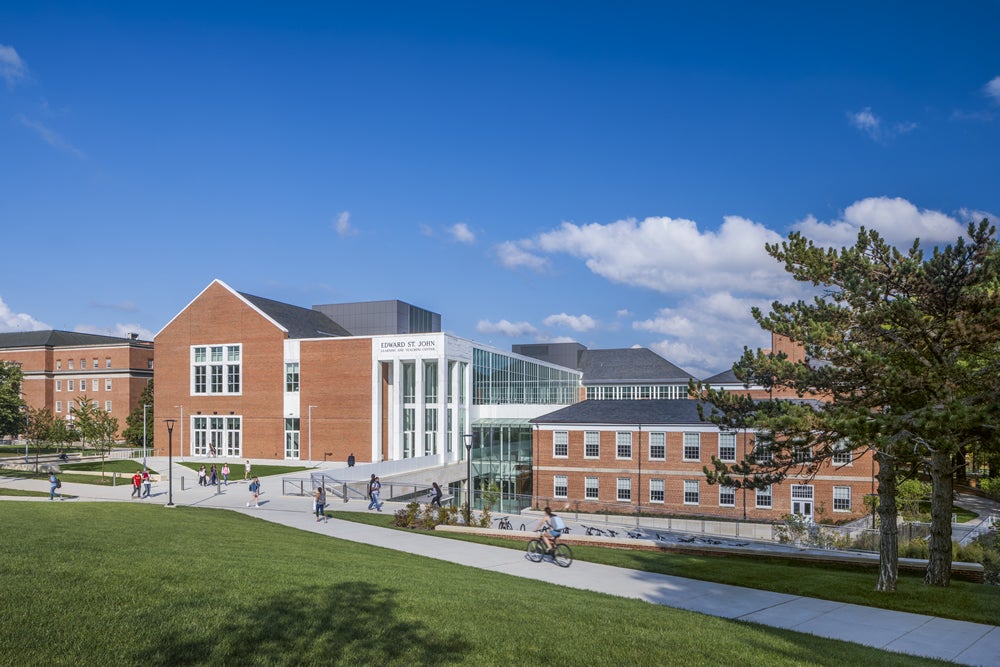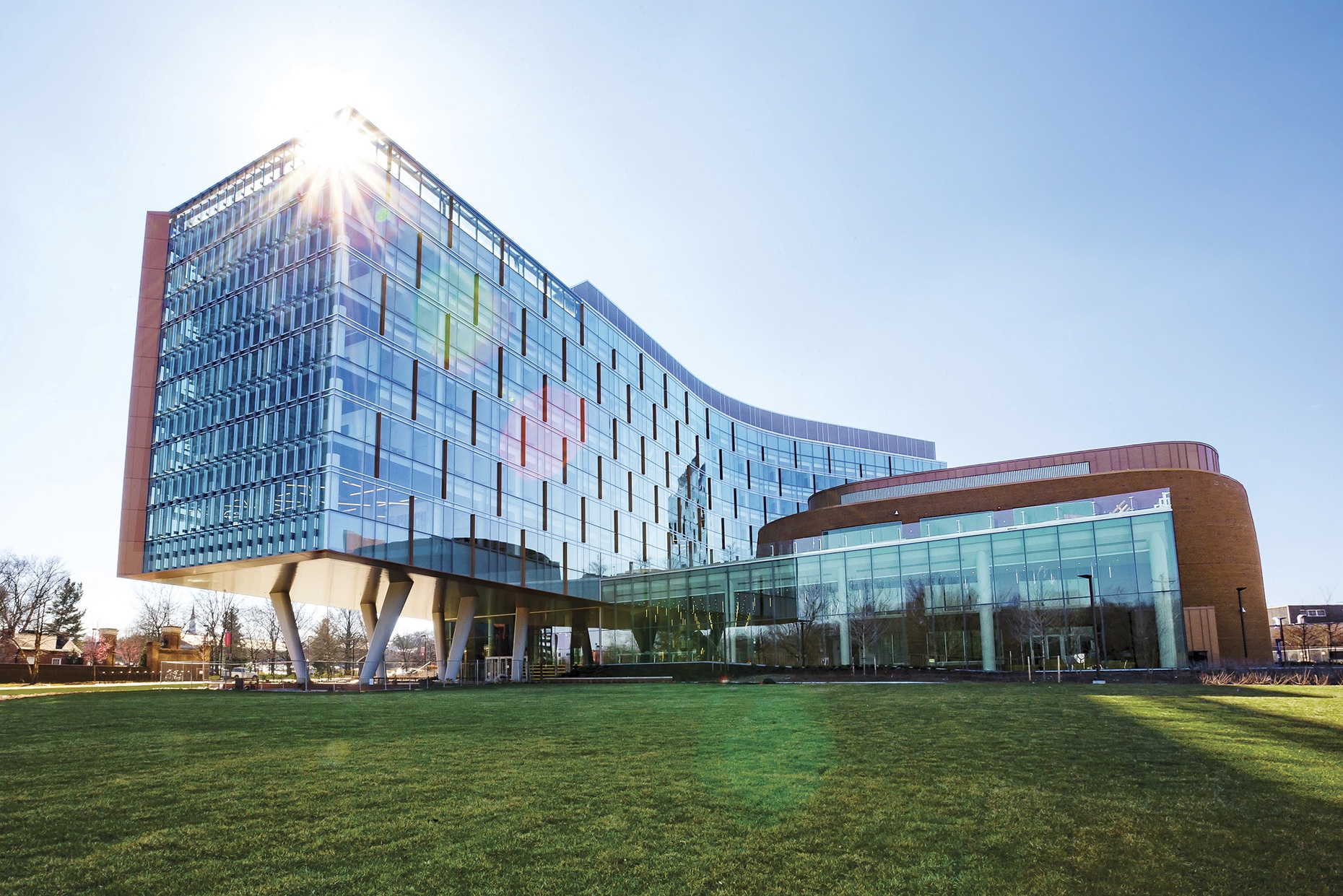|
Water, Earth, Fire, and Air: What Basic Elements Form the Foundation of Robotics?
Oliver Brock
Abstract: What once was the foundation of physics, today
seems quaint. Over the centuries, most scientific disciplines have
experienced disruptive changes to their foundation. These changes
are, in fact, a characteristic of mature scientific disciplines.
Looking at robotics: What are the chances that what we consider the
foundation today, will remain forever? If the history of science is
an indication, the chances are close to zero. One might argue that
the foundation of robotics is changing already through the advent of
new methods and technologies, most recently, for example, through
deep learning or depth cameras. But these methods and technologies
are applied within a conceptualization of robotics that remains
unchanged. One might also argue that robotics is not starting from
scratch but is building on centuries of advances in other
disciplines. But the foundations of these disciplines are tailored to
the problems addressed in these disciplines. We have imported them
and structured robotics accordingly. If robotics should evolve as a
scientific discipline, it might be worth examining the implicit
assumptions we have imported along with the foundations of other
disciplines — and the resulting consequences. In this talk, I will
attempt to evaluate the current foundation of robotics and speculate
about possible changes and what future advances they might enable.
Bio: Oliver Brock is the Alexander-von-Humboldt Professor
of Robotics in the School of Electrical Engineering and Computer
Science at the Technische Universität Berlin, a German "University of
Excellence". He received his Ph.D. from Stanford University in 2000
and held postdoctoral positions at Rice University and Stanford
University. He was an Assistant and Associate Professor in the
Department of Computer Science at the University of Massachusetts
Amherst before moving back to Berlin in 2009. The research of Brock's
lab, the Robotics and Biology Laboratory, focuses on robot
intelligence, mobile manipulation, interactive perception, grasping,
manipulation, soft material robotics, interactive machine learning,
deep learning, motion generation, and the application of algorithms
and concepts from robotics to computational problems in structural
molecular biology. Oliver Brock directs the Research Center of
Excellence "Science of Intelligence". He is an IEEE Fellow and was
president of the Robotics: Science and Systems Foundation from 2012
until 2019.
|



